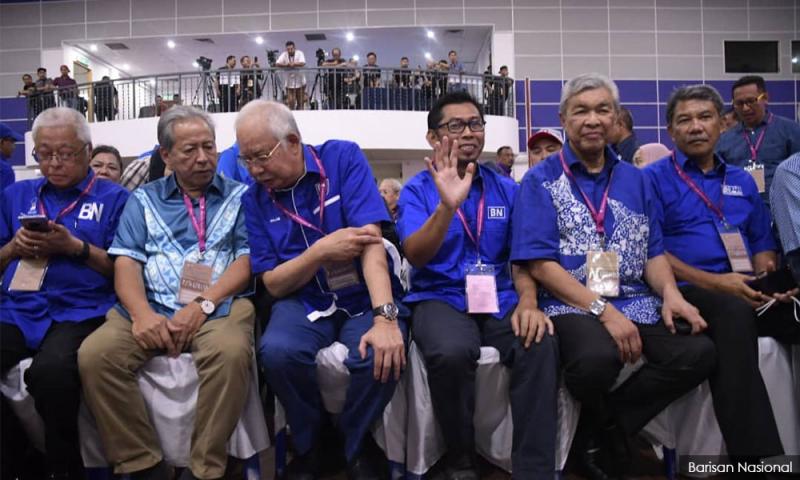Kimanis – an Umno revival?
COMMENT | As the dust settles over the Kimanis by-election, it is valuable to look at the voting patterns that secured the Umno victory in this competitive seat and to flesh out the broader political implications of this outcome.
The voting shows that even in a locally-driven contest, which this by-election was, the erosion of Pakatan Harapan and its allies’ support is taking on a now familiar form – the decline is broad, across races and generations. Voters who are disappointed with a perceived lack of reform and weak economic performance are willing to return to Umno and simultaneously send a signal to those in office that they are not doing enough to hold onto their GE14 political mandate.
The Warisan loss in Kimanis – the fifth loss by Harapan and its allies in the 10 post-GE14 by-elections – only ratchets up the pressure for Harapan and Warisan to deliver and transform how they engage the electorate.
Make no mistake, this loss was one of their own making. The Kimanis outcome has given a new lease of life to Umno and nationally puts the party on a stronger footing in its relationship with PAS and as a viable opposition to win government in the next election. Within Sabah, the Umno victory adds to the fluidity and competitiveness of state politics while simultaneously highlighting the greater saliency of using divisive ethnic issues to win (and lose) support.
The analysis of voting below is drawn from statistical estimates of voting behaviour at the polling station level in the Jan 18 by-election, focusing on the two socio-economic cleavages that were most prominent – ethnicity and generational differences...
RM12.50 / month
- Unlimited access to award-winning journalism
- Comment and share your opinions on all our articles
- Gift interesting stories to your friends
- Tax deductable

 Bridget Welsh
Bridget Welsh